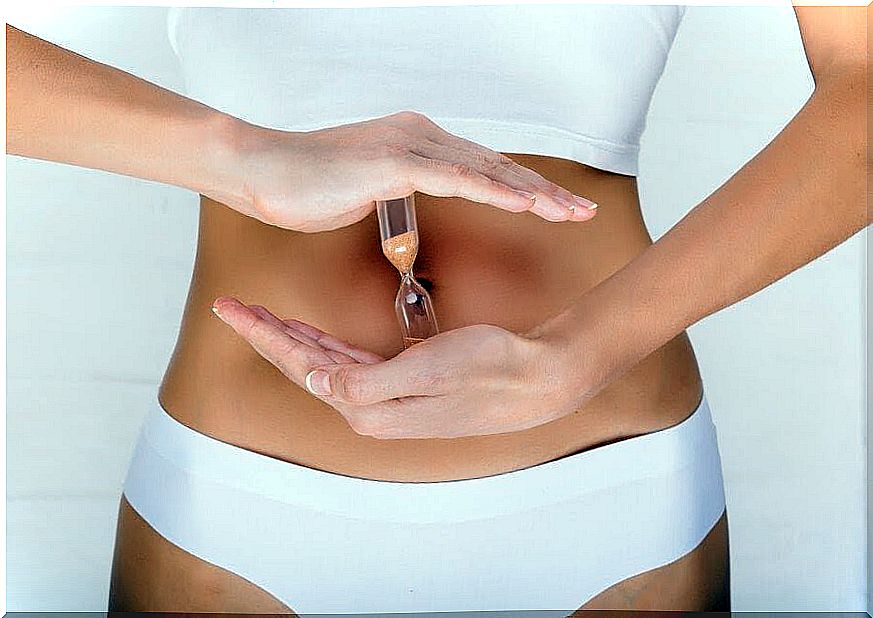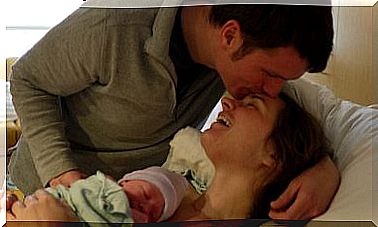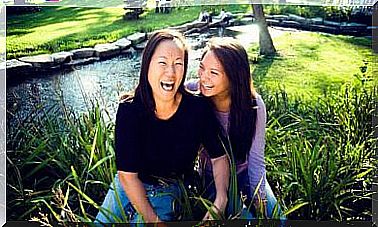How Women’s Biological Clock Works

The most common myth about women’s biological clock is that the desire to have children strikes when they get older. However, there is no evidence that women are born with a need to have children. There is no biological cause for “childhood fever”.
The woman’s biological clock determines her fertility after she is 35 years old. Her ability to have a child then begins to decline. This is due to the number of eggs and their quality decreases as they get older. Women are starting to get smaller and less fertile.
However, there are many places that offer infertility treatments and help women get pregnant who have difficulty getting it on their own.
Woman’s biological clock
The first thing you should know is that the age at which women’s biological clock begins is with her first menstrual cycle, which usually occurs around the age of 12. It lasts until her last menstrual period, about 4 decades later.
There are several different things that cause women’s fertility to start declining in their 20s and 30s. Fertility decreases significantly after the age of 35.
The risk, or chance, of getting pregnant is much lower in women between 30 and 40 years. However, you should keep in mind the factors that prolong your biological clock.

The relationship between age and fertility
The truth is that age undoubtedly affects fertility. After puberty, a woman’s fertility increases. Then, as a woman ages, there is a higher risk of not being able to conceive.
The vast majority of women follow this timeline regarding the relationship between age and fertility:
- Fertility is highest in the early and mid-20s. Thereafter, fertility begins to slowly decrease.
- More dramatically, it drops around the age of 35.
- Menstruation ceases, and the woman enters menopause, which usually occurs between the ages of 40 and 50.
- Menopause marks the end of fertility, although infertility due to old age can occur before this date.
Women who are 35 years or older should know that age has a lot to do with fertility. In fact, the likelihood of a pregnancy gradually decreases starting at your 20s and then increasing faster when you turn 40. However, there are other factors that affect female fertility than age.
Factors affecting the woman’s biological clock
The health of a woman before pregnancy affects both her chances of becoming pregnant and undergoing a healthy pregnancy. Smoking, drinking alcohol, even in moderation, and being overweight or underweight can make it harder to get pregnant.
On the other hand, other medical conditions, such as high blood pressure and diabetes, affect the chances of a successful pregnancy. You should also keep your family history in mind if anyone has previously had difficulty with fertility.

Genetics strongly influence when women will stop producing eggs. As a result, their menstrual cycles will cease.
The couple’s general health also affects the chances of getting pregnant. In fact, you can prolong fertility by addressing the health risks that you can control.
Finally, we want to remind you that the myth of a woman’s biological clock is just that – a myth. The assumption that it is “a timer that says you must get pregnant before the age of 35” is just an expression of how society views motherhood and women’s fertility.
You should not feel any kind of pressure to become a mother before you are ready.
You should know that the current trend is to have children at an older age. Maternity among women over the age of 40 is also on the rise. This may be due to new fertility treatments that help overcome natural infertility.









